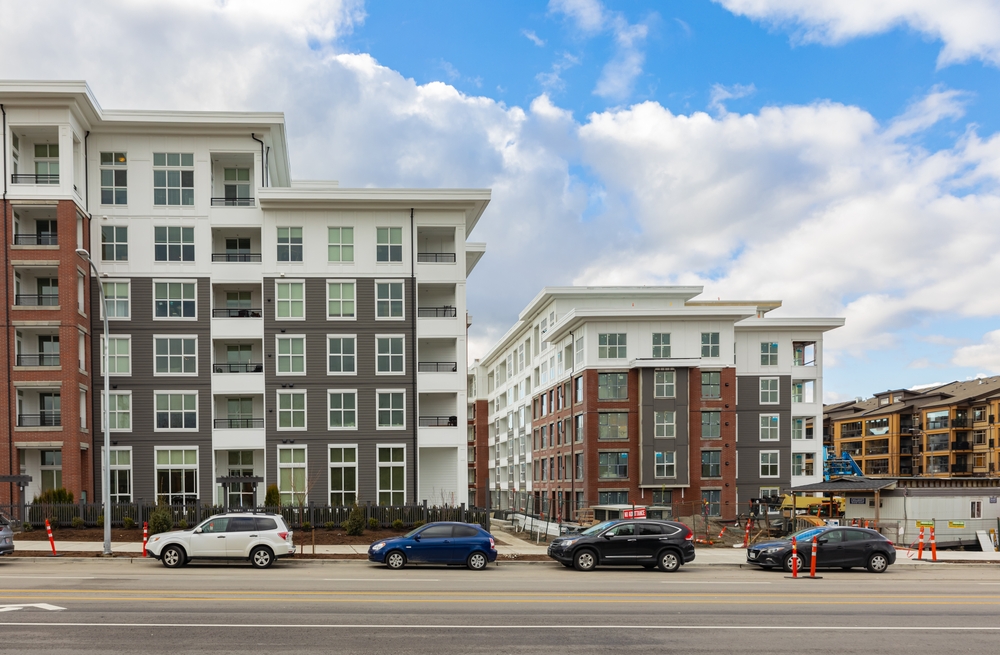1/ THREAD and ALERT on OPT! This morning, members of the @HouseGOP received an email from @FAIRImmigration, pressuring members not to support the continuation of the #OPT program. 

2/ In @FAIRImmigration‘s email on OPT to the @HouseGOP, they threaten: “If your boss signs on, we will highlight this accordingly to our members. Further, all signatories can expect the attention of conservative media.” They link to this clip:
https://twitter.com/SKMorefield/status/1265826880005050374
3/ This @TuckerCarlson clip attacks nine prominent GOP senators who urged the president not to restrict visas that can help the economic recovery…
4/ ... including many senior Republicans, such as the chair of @senjudiciary—which has jurisdiction on immigration issues—and members of Senate leadership.
5/ Stalwart conservative Senators @LindseyGrahamSC, @JohnCornyn, @SenatorLankford, @MikeCrapo, @SenDanSullivan, @SenatorRisch, @SenToddYoung, @lisamurkowski, and @SenatorRounds understand the critical importance of immigrants in our economic recovery.
6/ @FAIRImmigration’s critiques of the OPT program don’t hold up to scrutiny and deserve to be challenged. A review of research that highlights the case for the OPT program:
7/ According to @FAIRImmigration, OPT recipients take jobs that would otherwise go to unemployed young professionals as our economy recovers. They’re wrong—OPT benefits Americans and will help speed up the economic recovery.
8/ .@FAIRImmigration claims that companies hire OPT students to avoid payroll taxes. BUT (as Niskanen explains in an amicus brief) economists believe that employer share of payroll contribution is passed on to their employees out of gross compensation. niskanencenter.org/wp-content/upl…
9/ So there's no tax incentive to hire OPT participants over natives. With the many costs to hiring OPT participants—limited duration, uncertainty, costs to retain them, etc.—it’s no surprise that research finds NO evidence of OPT displacing natives. niskanencenter.org/optional-pract…
10/ OPT benefits U.S. workers. It leads to higher average earnings for Americans, without costing U.S. workers their jobs or decreasing U.S. worker wages. And it increases innovation in the U.S. niskanencenter.org/wp-content/upl… 



11/ A @NFAPResearch March 2019 study (focused on STEM employment) found NO EVIDENCE that OPT participation reduces job opportunities for U.S. workers and recent college graduates. #OPT nfap.com/wp-content/upl…
12/ A December 2018 report by @BizRoundtable illustrated SIGNIFICANT NEGATIVE EFFECTS on the U.S. economy if OPT were scaled back or curtailed, including job losses impacting U.S. workers. businessroundtable.org/policy-perspec…
13/ According to @NAFSA, foreign students and their families contributed nearly $41 billion dollars and more than 458,000 jobs to the U.S. economy during the 2018-2019 academic year, making international education the fifth-largest U.S. services export. nafsa.org/economicvalue
14/14 @RepSteveStivers and his colleagues deserve credit for standing tall to protect #OPT, thereby expediting America’s economic recovery. @fair is peddling bad economics and partisan politics. This will hinder U.S. growth. #Standwithfactsnotfear. fwd.us/news/protectin…
Of interest to: @NAFSA, @PresImmAlliance, @FWDus, @NewAmericanEcon, @AFPhq, @NFAPResearch, @doug_rand, @crampell, @karinfischer, @MarioHLopez
• • •
Missing some Tweet in this thread? You can try to
force a refresh












